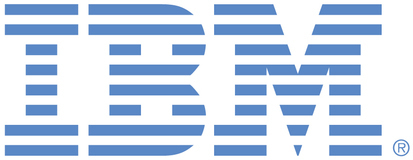
This portal is to open public enhancement requests against the products and services belonging to IBM Sustainability Software. To view all of your ideas submitted to IBM, create and manage groups of Ideas, or create an idea explicitly set to be either visible by all (public) or visible only to you and IBM (private), use the IBM Unified Ideas Portal (https://ideas.ibm.com).
Shape the future of IBM!
We invite you to shape the future of IBM, including product roadmaps, by submitting ideas that matter to you the most. Here's how it works:
Search existing ideas
Start by searching and reviewing ideas and requests to enhance a product or service. Take a look at ideas others have posted, and add a comment, vote, or subscribe to updates on them if they matter to you. If you can't find what you are looking for,
Post your ideas
Post an idea.
Get feedback from the IBM team and other customers to refine your idea.
Follow the idea through the IBM Ideas process.
Specific links you will want to bookmark for future use
Welcome to the IBM Ideas Portal (https://www.ibm.com/ideas) - Use this site to find out additional information and details about the IBM Ideas process and statuses.
IBM Unified Ideas Portal (https://ideas.ibm.com) - Use this site to view all of your ideas, create new ideas for any IBM product, or search for ideas across all of IBM.
ideasibm@us.ibm.com - Use this email to suggest enhancements to the Ideas process or request help from IBM for submitting your Ideas.

Hi Greg - Thank you for your idea.
Maximo Application Suite relies on OpenShift to enable deployment in any hybrid cloud environment on prem, in private cloud, or public cloud.
OpenShift itself relies on several services, including DNS resolution to function, and our apps follow those practices. While DNS works inside the cluster, that also means that a fully-qualified domain name (FQDN) needs to resolve for an endpoint connecting to the cluster.
This unfortunately is not configurable beyond some hacks on the client-side which aren't recommended (eg adding "hosts" file entries, or trying to use an intermediate DNS server).
As such we won't be able to support resolving traffic to a specific IP address for a given edge endpoint, especially given that the services naturally may "move around" in the virtual network within the environment as the environment operates and containers start / restart / stop / upgrade.